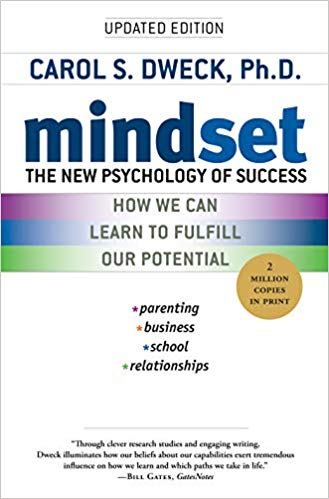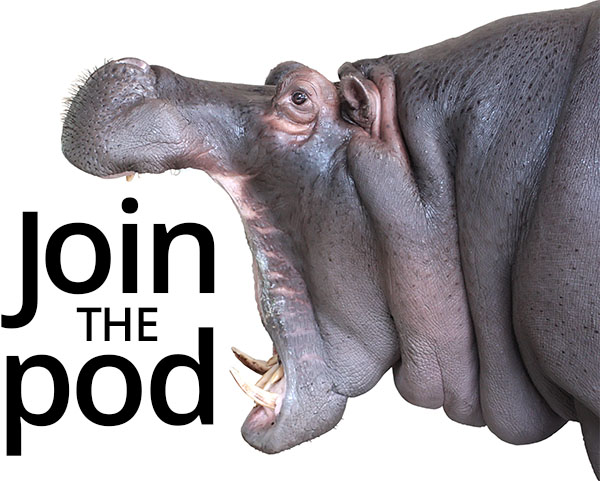1) Mindset
The Nine

Mindset: The New Psychology of Success
Carol S. Dweck
In a fixed mindset, people believe their basic qualities, such as intelligence or talent, are simply fixed traits. Consequently, they spend their time documenting their intelligence or talent instead of developing them. They also believe that talent alone creates success — without effort.
A fixed mindset also impacts one’s perspectives on perfection because, in its need to be the best at all times, a fixed mindset can be a very stressful and frankly, limiting position for one to live in. Every situation is evaluated: Will I succeed or fail? Will I look smart or dumb? Will I be accepted or rejected? Will I feel like a winner or a loser? Yet, doesn’t our society value intelligence, personality and character?
In a growth mindset, people believe that their most basic abilities can be developed through dedication and hard work — brains and talent are just the starting point. This view creates a love of learning and a resilience that is essential for great accomplishment. Virtually all great people have had these qualities.
A growth mindset is one that welcomes your foundational “starting point.” By taking into account the talents you come to the starting line with, and believing that more can be learned, you can improve your foundational talents and aptitudes. Will you be the next Einstein? Maybe not, however, through commitment, training and plain old hard work, you can realize the bigger, better you.
Be big. Be cool. Be hippo.
Ready to get started?









